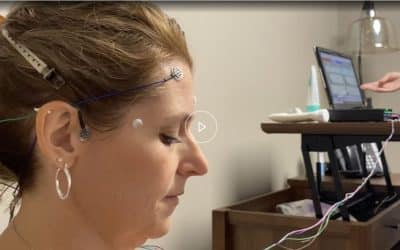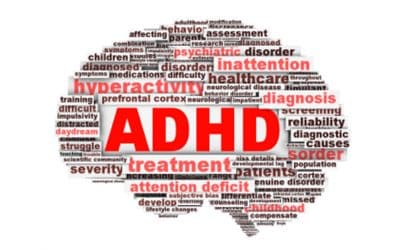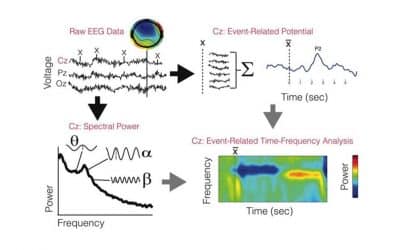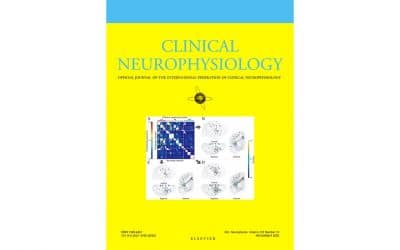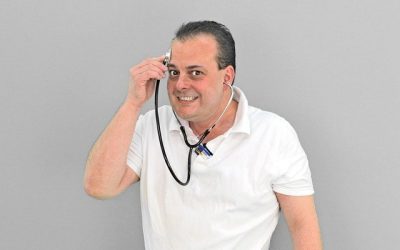The Spectrum News video can be viewed here.As Americans continue to endure the COVID-19 pandemic, mental health has risen to the forefront of the conversation. A Niskayuna-based mental health practice recently introduced two technologies to better help patients....
ADHD
Neurofeedback Treatments Rated Effective in ADHD
Neurofeedback treatments for attention-deficit/hyperactivity disorder (ADHD) demonstrate medium to large effect sizes and remission rates between 32% and 47%, according to a study published online in the journal Applied Psychophysiology and Biofeedback. “Standard neurofeedback protocols in the treatment of ADHD can be concluded to be a well-established treatment, or ‘efficacious and specific’ in line with the American Psychological Association guidelines,” researchers wrote.
Neuroinflammation as a risk factor for attention deficit hyperactivity disorder
Abstract Attention Deficit Hyperactivity Disorder (ADHD) is a persistent, and impairing pediatric-onset neurodevelopmental condition. Its high prevalence, and recurrent controversy over its widespread identification and treatment, drive strong interest in its etiology...
Use of EEG to diagnose ADHD
Electroencephalography (EEG) has, historically, played a focal role in the assessment of neural function in children with attention deficit hyperactivity disorder (ADHD). We review here the most recent developments in the utility of EEG in the diagnosis of ADHD, with emphasis on the most commonly used and emerging EEG metrics and their reliability in diagnostic classification. Considering the clinical heterogeneity of ADHD and the complexity of information available from the EEG signals, we suggest that considerab
Attention-deficit hyperactivity disorder (ADHD) and glial integrity: an exploration of associations of cytokines and kynurenine metabolites with symptoms and attention
Abstract Background: In contrast to studies of depression and psychosis, the first part of this study showed no major differences in serum levels of cytokines and tryptophan metabolites between healthy children and those with attention-deficit/hyperactivity disorder...
Non-stimulant treatment for attention deficit hyperactivity disorder
No abstract available Budur K, Mathews M, Adetunji B, Mathews M, Mahmud J. Non-stimulant treatment for attention deficit hyperactivity disorder. Psychiatry (Edgmont). 2005 Jul;2(7):44-8. PMID: 21152160; PMCID: PMC3000197.
The worldwide prevalence of ADHD: is it an American condition?
Abstract Attention-deficit/hyperactivity disorder (ADHD) is a behavioral disorder that affects up to 1 in 20 children in the USA. The predominance of American research into this disorder over the past 40 years has led to the impression that ADHD is largely an American...
A review of electrophysiology in attention-deficit/hyperactivity disorder: I. Qualitative and quantitative electroencephalography
This article reviews the electroencephalography (EEG) literature in relation to attention-deficit/hyperactivity disorder (AD/HD). The review briefly outlines the history of the disorder, focusing on the changing diagnostic systems which both reflect and constrain research into AD/HD. Both qualitative and quantitative EEG studies are examined, and their results are discussed in relation to various models of AD/HD. Implications of these data for future research and development in AD/HD are considered.
Specificity of quantitative EEG analysis in adults with attention deficit hyperactivity disorder
Abstract Attention deficit hyperactivity disorder (ADHD) in children and adolescents is characterised by excessive restlessness and an extremely poor concentration span, resulting in impulsive and disruptive behaviour. Clinical observation of ADHD in adults suggests...

